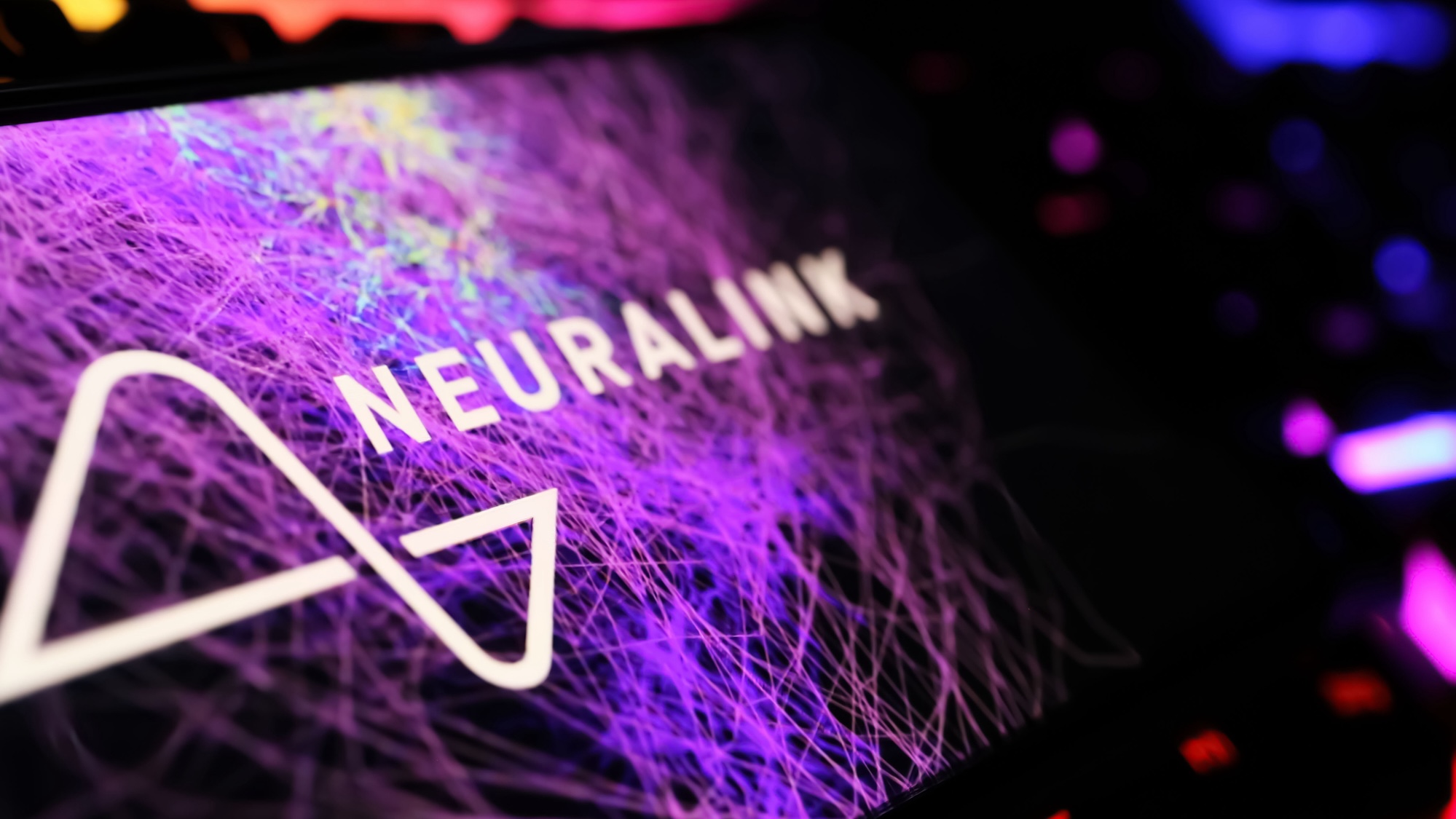

The first human patient to reportedly receive Neuralink’s wireless brain-computer interface (BCI) implant appeared to demonstrate the device’s early capabilities during a company livestream to X on Wednesday night. In late January, Elon Musk publicly stated that the experimental medical procedure was completed, but neither he nor his controversial medical startup had offered evidence of the results until yesterday evening’s 9-minute video.
Neuralink’s first volunteer is 29-year-old Noland Arbaugh from Texas, who dislocated his C4 and C5 vertebrae during a diving accident in 2016, permanently paralyzing him below the shoulders. During the livestream, Arbaugh appears to be playing online chess as a Neuralink BCI implant translates his brain activity into actionable computer inputs.
“If y’all can see the cursor moving around the screen, that’s all me,” he says at one point while highlighting a chess piece. “It’s pretty cool, huh?” According to Arbaugh, the key to successfully employing his new implant involved learning how to mentally differentiate between intentional and attempted movement—i.e, brain activity expressing the desire to move as opposed to activity which literally controls motor functions. “From there, I think it just became intuitive to me to start imagining the cursor moving,” Arbaugh continued, likening the feeling to “using the Force” from Star Wars.
Neuralink’s BCI is implanted using a robotic surgeon that subcutaneously connects the device’s microscopic wiring to a patient’s brain. Once installed, the hardware supposedly cannot be seen externally, and recharges wireless from “outside via a compact, inductive charger,” according to Neuralink’s website. Musk has repeatedly stated his hopes Neuralink will ultimately allow users to connect to the internet, smartphones, and computers through a line of upgradable, reversible BCI implants—and that he intends to one day receive the procedure himself.
“Long-term, it is possible to shunt the signals from the brain motor cortex past the damaged part of the spine to enable people to walk again and use their arms normally,” Musk claimed in a reply to Neuralink’s Wednesday evening post.
During the livestream hosted by Neuralink engineer Bliss Chapman, Arbaugh also described independently playing video games like the turn-based strategy game Civilization 6, which often entails more complex user inputs. Before the implant, Arbaugh says he frequently required assistance from his parents or a friend to play such games. Now, however, he says he has been able to do so for as long as eight hours and that the biggest impediment is simply waiting for the Neuralink’s battery to recharge.
[Related: Elon Musk alleges Neuralink completed its first human trial implant.]
“It’s not perfect. We have run into some issues,” Arbaugh concedes at one point, although he does not elaborate on the hurdles. “I don’t want people to think this is the end of the journey. There’s still a lot of work to be done.”
“We have more work to do. We have a lot to learn about the brain here,” agreed Chapman.
Neuralink is far from the first company to develop and install BCI implants, with the first successful commercial procedure dating back to 2010. Similar devices have since converted imagined handwriting into text, as well as thoughts into words. One competitor’s implant has also enabled users to browse the web as well as conduct online shopping and banking since 2019.
But it’s unclear if the reveal of Neuralink’s first human participant will assuage critics’ concerns regarding the company’s research record. Less than a day after Neuralink announced it would begin screening human volunteers for its multiyear Precise Robotically Implanted Brain-Computer Interface (PRIME) Study last September, Wired released a damning exposé detailing graphic accounts of lab animal abuse during research. At the time, Wired’s coverage was one in a string of similar investigations into Musk’s company, including internal complaints of “hack job” surgical procedures resulting in over 1,500 animal deaths since 2018. The reports have since prompted multiple federal regulatory reviews and human trial delays.
As Wired also noted this week, Neuralink has not registered its PRIME Study on ClinicalTrials.gov, the federal documentation site for human medical studies, so information like how many human subjects Neuralink is seeking, where its procedures are taking place, or how its results will be assessed are not publicly available.
Still, Arbaugh encouraged people to consider applying to Neuralink’s ongoing PRIME Study, saying “there’s nothing to be afraid of” about the “super easy” procedure which he says has resulted in no cognitive impairments for him. Chapman, meanwhile, stated last night that additional updates on both Neuralink’s and Arbaugh’s progress will be released in the coming days.

